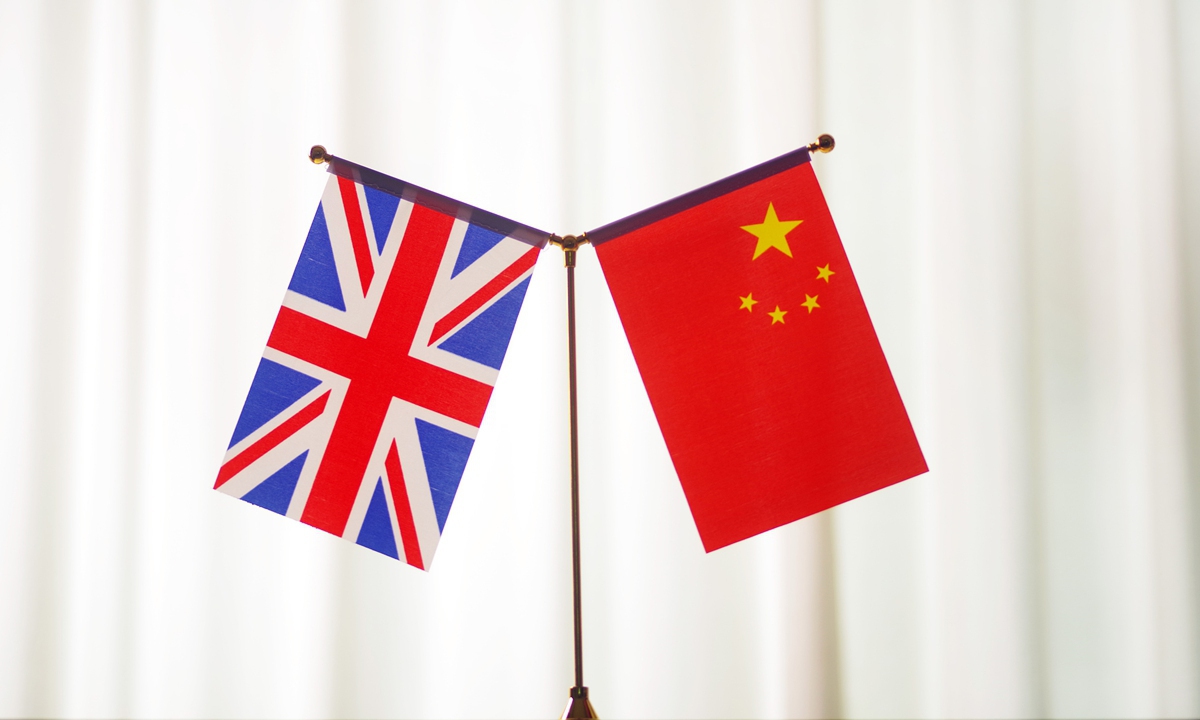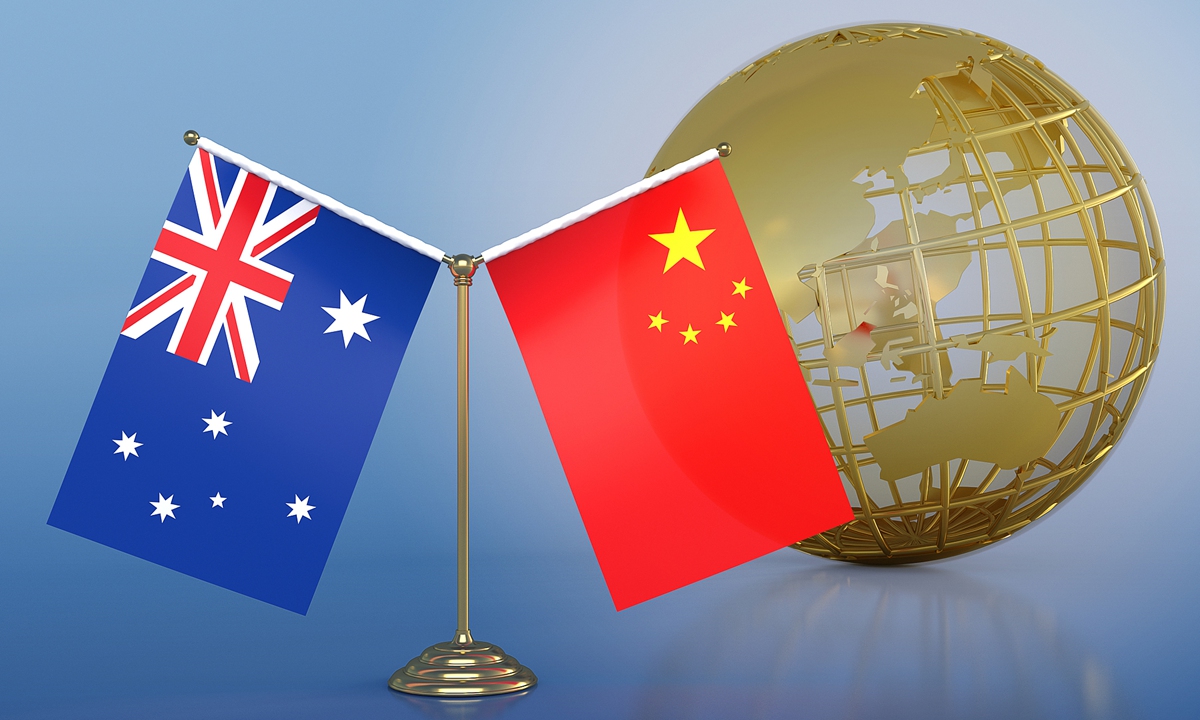China-Australia wine trade recovery shows essence of mutually beneficial cooperation

Illustration: Xia Qing/GT
In the first nine months of this year, China imported bottled wine from Australia valued at $335.5 million - 613 times more than in the same period last year, the South China Morning Post reported on Monday.The data underscore the robust momentum of the recovery in China-Australia economic and trade relations this year, further illustrating the immense appeal of the Chinese market and its importance to the Australian economy. The progress in the China-Australia trade recovery has been hard-won and should be valued and sustained.
The improvement of China-Australia relations and the rapid recovery of bilateral economic and trade cooperation are also worth reflection by relevant politicians in some Western countries. Politicizing economic and trade issues and adopting erroneous policies regarding China will only lead to a lose-lose scenario.
The robust recovery of Australia's wine exports to China can be directly attributed to China's announcement in March that it would lift the anti-dumping duties on Australian wine imports from March 29.
However, it is crucial to acknowledge that this rebound is essentially bolstered by the efforts of both sides to meet each other halfway and jointly improve and repair their economic and trade relations. The strong economic complementarity and the mutually beneficial nature of the relationship also play significant roles.
China has been Australia's largest trading partner for 15 consecutive years, with bilateral trade reaching $229.2 billion in 2023. Notably, nearly 80 percent of Australia's trade surplus is derived from its trade with China, and its investment in China is also experiencing rapid growth.
It is encouraging to see that since Australian Prime Minister Anthony Albanese took office in 2022, the relationship between China and Australia has seen improvement. Thanks to the collaborative efforts of relevant departments in both countries to enhance economic and trade cooperation, exports of Australian products such as barley, coal, cotton and wine have gradually rebounded.
The Albanese government has recognized the significant benefits that trade with China brings to the Australian economy, and therefore actively seeks to expand and deepen economic and trade cooperation with China. This cooperation not only contributes to the development of the Australian economy but is also widely welcomed by the Australian business community and related industries.
Considering the ups and downs that China-Australia economic and trade relations have experienced in recent years, the current rapid recovery is particularly precious. Both sides need to continue to uphold the principle of win-win cooperation in order to protect the hard-won momentum of recovery. Both sides still have significant opportunities for economic and trade development. Strengthening economic and trade cooperation will lead to mutually beneficial outcomes.
China has always been striving to expand mutually beneficial economic and trade cooperation with other countries. Undoubtedly, in matters of economic and trade disputes, China has consistently acted in accordance with the legitimate rights and interests of its relevant industries and consumer safety, taking appropriate measures regarding foreign products in strict accordance with Chinese laws and regulations as well as WTO rules.
In recent years, protectionist sentiment has been rising within some Western countries, and the tendency for political interference in normal economic and trade activities has intensified. The erroneous policies of these countries have severely affected the positive momentum of economic and trade cooperation with China, resulting in a lose-lose outcome.
China certainly does not want to see such an unfavorable situation arise. However, when other countries abuse unilateralism and political means to undermine economic and trade cooperation, China is left with no choice but to take corresponding measures to protect its own legitimate interests.
Hopefully, certain politicians in relevant countries who undermine economic and trade relations with China can seriously listen to the practical voices of their own business communities. They should recognize that their political interference will ultimately not only disrupt the overall trend of global trade cooperation, but also backfire on their own economies, leading to further isolation.
The author is a reporter with the Global Times. bizopinion@globaltimes.com.cn



